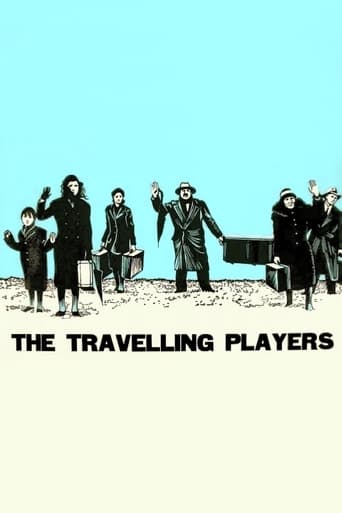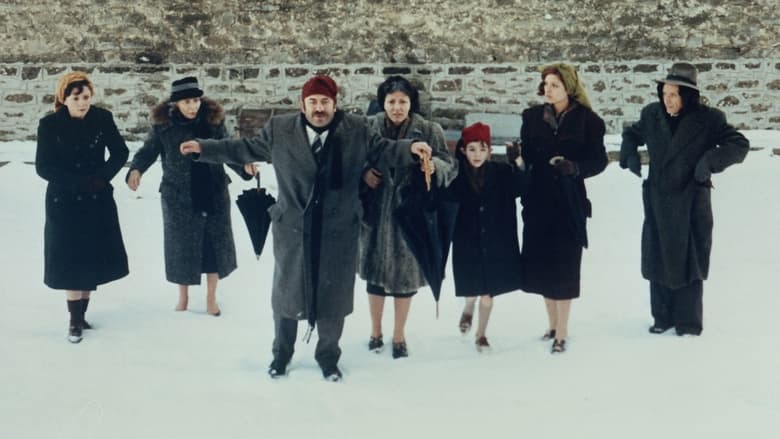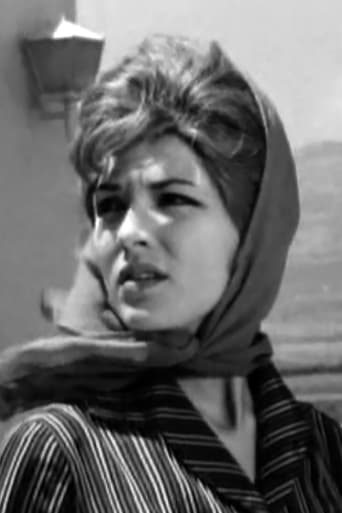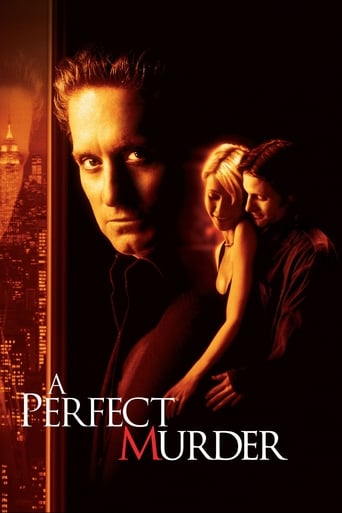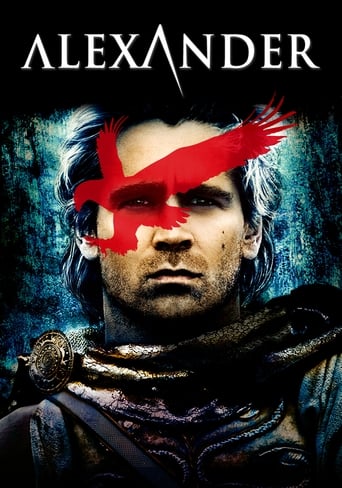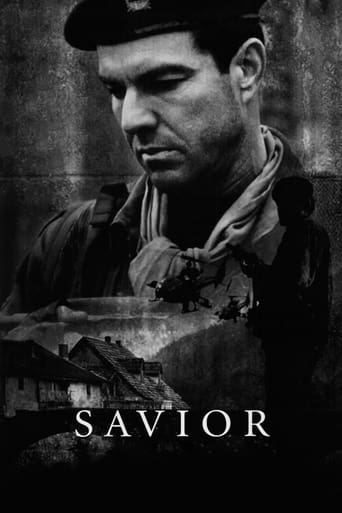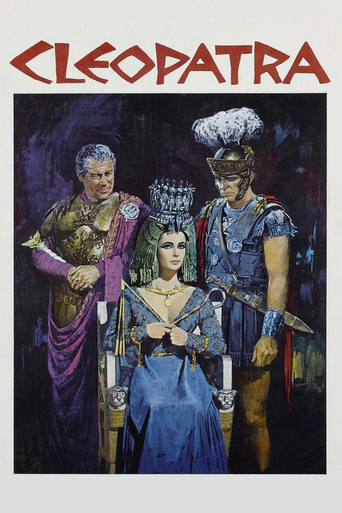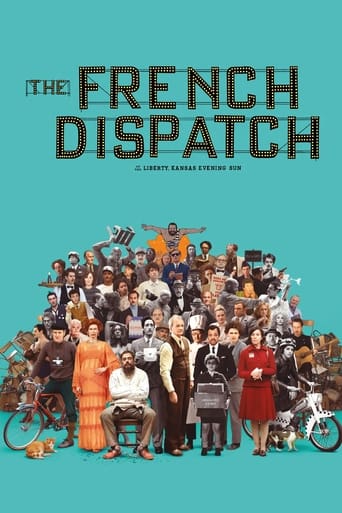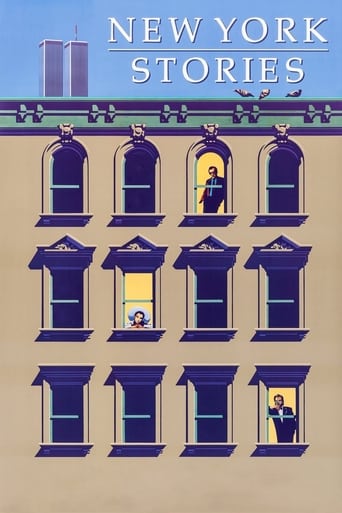The Travelling Players (1975)
This expansive Greek drama follows a troupe of theater actors as they perform around their country during World War II. While the production that they put on is entitled "Golfo the Shepherdess," the thespians end up echoing scenes from classic Greek tales in their own lives, as Elektra plots revenge on her mother for the death of her father, and seeks help from her brother, Orestes, a young anti-fascist rebel.
Watch Trailer
Free Trial Channels
Cast


Similar titles
Reviews
brilliant actors, brilliant editing
An action-packed slog
Blending excellent reporting and strong storytelling, this is a disturbing film truly stranger than fiction
It’s fine. It's literally the definition of a fine movie. You’ve seen it before, you know every beat and outcome before the characters even do. Only question is how much escapism you’re looking for.
I would not have known about this Greek film if it had not been featured in the book 1001 Movies You Must See Before You Die, it was rated well by critics as well, so I hoped it was worth it, directed by Theodoros Angelopoulos (Landscape in the Mist). Basically a group/troupe of travelling players, i.e. stage performers, travel through Greece attempting to perform the popular erotic drama Golfo the Shepherdess. The film is a trawl through historical events between 1939 and 1952, as experienced by the travelling players, these events affect all villages they visit, hence the performance of the play is not always successful or completed. The historical events seen are the last year of the dictatorship of fascist prime minister Ioannis Metaxas, the war between Greece and the Italians, the occupation of the Nazis, the liberation, the civil war between left and right wingers and the intervention of Greek politics by the British and the Americans. The film is also seeing the lives of the characters themselves, with jealousy and betrayal more, this includes Aegisthus (Vangelis Kazan) is an informer and collaborator working with German occupiers, and Orestes (Petros Zarkadis) fighting with the leftists, avenges the death of his father by killing his mother and Aegisthus, he is arrested for guerrilla activities and executed in prison. Orestes's sister Elektra (Eva Kotamanidou) helps the leftists and aids her brother in his vengeance, after his death he continues the work of the troupe and her relationship with Pyladis (Kiriakos Katrivanos), Elektra's younger sister Chrysothemis (Maria Vassiliou) collaborates with the Germans, becomes a prostitute during the occupation, during the liberation sides with the British, and later marries an American. Orestes's close friend Pyladis is a communist exiled by the regime of Metamax, he joins the guerrillas and gets arrested and is exiled again, finally after being tortured he is forced to sign a denunciation of the left by the right wing and he is released from prison a few years later. Also starring Stratos Pachis as Agamemnon, Aliki Georgouli as Elektra's Mother, Stratos Pahis as Elektra's Father, Giannis Fyrios as Accordionist and Grigoris Evangelatos as Poet. To be honest, most of the description above is not written by me, it was for me a rather complicated film, I got the parts of the players trying to perform their play while history goes on in the background, and some of the character stories caught my attention a little, but there were loads of slow moments with no dialogue and not much action, critics are right when they said you need patience to watch this film, I don't think I had enough for it, especially it being almost four hours long, but it's not a bad epic political drama. Worth watching!
O Thiasos is one of those cerebral and omphaloskeptic movies that just do not happen anymore, shamelessly demanding from the viewer to attune to its eccentric pace. Space and time become pawns in the director's hands, who in effect accomplishes their operatic tranquility in contrast to the static directorial style. In rejecting all conventions of academic narrativity it sustains its formulaic enigma throughout its considerable length, persistently (and obsessively) questioning the freedom of man in a world domineered by irreversible occurrences. Boosted equally by grandeur, mystifying symbolism and pictorial lyricism the film comes to its redeeming conclusion. Enchanting, liberating, revolutionary, focused and precise. Both coldly objective and passionately subjective. A rare masterpiece.
"The Travelling Players", one of the early films of Theo Angelopoulos, shows the vast difference between the talented rising director of 1975 that had something to say, and of the bourgeois famous director of 1998 ("Eternity And A Day") that won the Cannes award but had nothing left to say.A sprawling epic running at around 4 hours, the film follows a group of touring actors performing a theatrical play across Greece between 1939 and 1952. The focus is on the troubled modern history of Greece during the period (a fascist dictatorship, resistance against the Italians, German occupation, civil war), seen through a series of warped desolate sequences drenched in languor, and also an apotheosis of traditional folklore, music, theater, rural and urban landscapes. Most of these scenes exhibit a rare poetical sensibility, while a few are a bit clumsy, but still interesting.Couple that with the drama that unfolds within the group of players, and you've got a true masterpiece. Basically what we see is a loose adaptation of Aeschylus' ancient tragedy "Oresteia" (the father Agamemnon, the adulterous mother Clytamnestra, her lover Aegisthus, the avenging daughter Elektra, the avenging son Orestes etc). In the end, the group of actors stands severely rearranged through a painful and dividing historical period, shadows of themselves in a shadow of a country. The film ends as a perfect circle just the way it began, a metaphor for life itself.
Theo Angelopoulos is one of the acknowledged masters of cinema, and yet he remains little seen: an acquired taste. It is easy to see why. Unlike other greats, like, say, Renoir and Mizoguchi, who, though firmly rooted in their own national cultures, present characters and narratives generally recognisable, Angelopoulos is forbiddingly national (as opposed to nationalistic: there are echoes of everyone from Fellini to Bunuel to Ozu in this film) in his outlook. Watching this film without any knowledge of Greek history, literature or mythology can be very frustrating - every time you see a character, event, composition, you know it alludes to something else, but because you don't know what, you feel like you're missing the point of the film. La Regle Du Jeu is enriched by a deep knowledge of French History, but can be enjoyed by anyone with an interest in cinema, stories or humanity. Angelopoulos' films don't have this surface level of entertainment - everything is symbolic and loaded.Does this mean that the only enjoyment of the film can be a cold admiration of form? No. Even if we don't understand the specifics, we can recognise the horrors of a nation beset by continual tyranny. The metaphor of a theatrical troupe, travelling throughout Greece, is subtly used. Rather than actors, or commentators on history, as we'd expect, they're always continually observing, on the margins. Modern Greece is a labyrinth - the film is dense with streets, corridors, doors, offering no escape, just an endless loop, leading to dead ends of time and space. Fascism has exploded these notions in its denying of history and its attempt to homogenise space, and the same frame can hold events decades apart.The travelling players are exiles in their own country. Like Bunuel's discreet diners, they can never finish their play: when they do it results in death, stagnation, and a break up of the troupe. They're bewildered like Pirandello's Six Characters, not necessarily searching for an author (they have one - Greek history), but trying to escape him. The great irony is that they cannot remain untainted by the times - one's son is a partisan, another is an informer.Angelopoulos' use of the medium really does inspire awe. His slow, long takes, long-shot compositions and camera movements, open the mind to new conceptions of time and space, forbidden by the ideologies ruling Greece. The film is full of remarkable, shocking set-pieces; austere quiet bursting into Fellini-esque disruption; revels and song turning into murder and horror; editing so spare that each cut becomes a jolt. Songs, birds and water are the driving metaphors here: how fascism appropriates our minds, imagination and especially our voice; how our reaching for freedom is always curtailed; how history is a never-changing trampling on the vulnerable.Angelopoulos is a modernist - he still believes in the power of witness, and the ability to assert truth, which is refreshing in these times where irony is confused with indifference. Compare THE TRAVELLING PLAYERS with Nabokov's Bend Sinister, similarly concerned with artists in a totalitarian system. Angelopoulos' systematic attempt to shore fragments against the ruins is denied by Nabokov, who bleakly suggests through fragmentation, distortion and disrupton that there is no shoring, that the only plausible rebellion is madness. Angelopoulos' view is, in many ways, more reassuring.The film is not without its problems - a raped woman stands up to recite the rape of Greece in a queasy monologue; hateful royalists are coded homosexual to suggest sterility and death; there is, at times, a humourless self-righteousness and portentousness to the film that grates. But, before he slipped into the vague artiness of his later works, its astonishing to think that people could make films like this. In the way that you may not hold Finnegan's Wake or the Sistine Chapel to your heart, THE TRAVELLING PLAYERS is unloveable, but it's a rare experience in the cinema of the sublime. (And, believe me, once you've attuned yourself to Angelopoulos' rhythm, you won't want those four hours to end)

